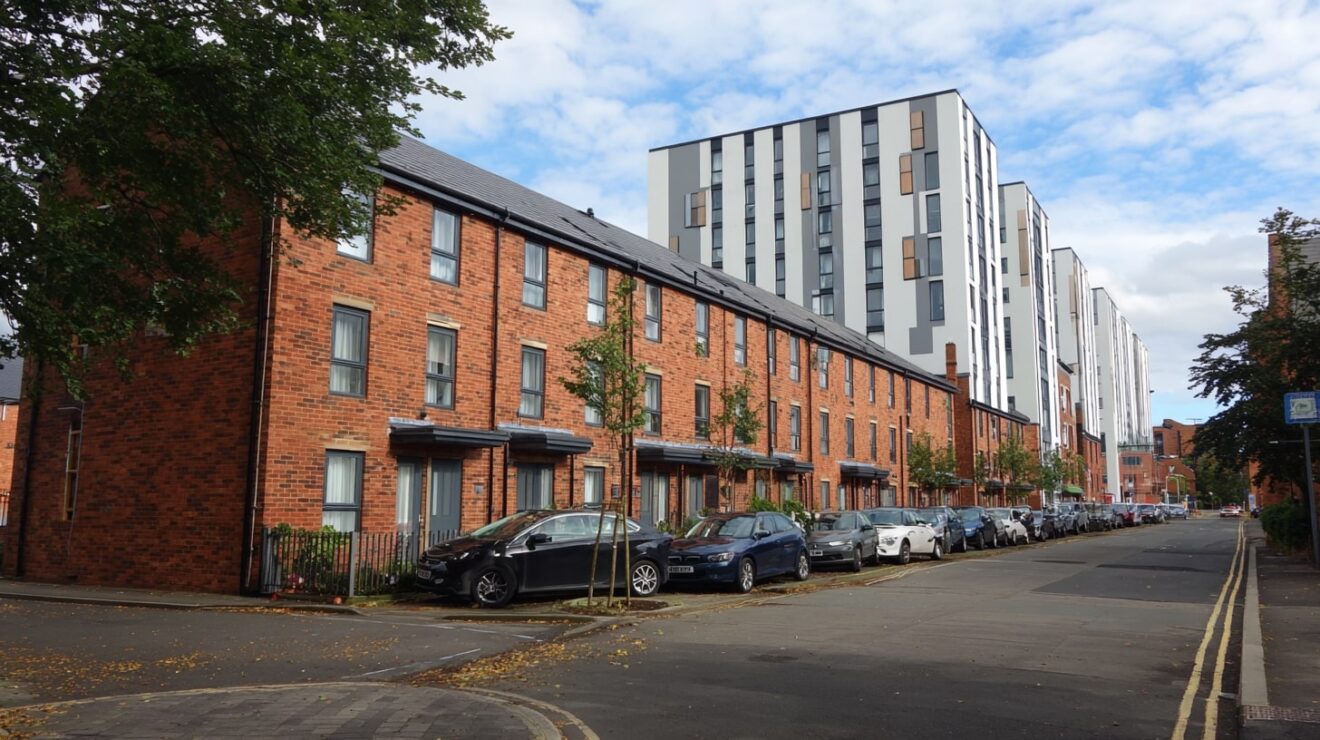You hear a lot in the sector about students not understanding the decisions that universities make.
I find this funny as we are in an educational space – so, shouldn’t we be educating them on these decisions?
We aim to treat students as partners but when it comes to the particularly “difficult” topics, the sector seems to struggle.
As officers, it can be easy to defend the university. The more you get to know the acronyms, nuances, and external issues that the university might be forced to consider, you begin to speak their language.
However, I want to explore how getting back to your roots and harnessing the “naivety” of being new to an officer role is incredibly beneficial.
A stroll down memory lane
I was never a very engaged student. The extra-curricular and academic activity came secondary to my “halls of residence” lifestyle which I never really gave up after leaving halls.
I still can’t pinpoint why I didn’t get involved in societies or lectures, whether it was due to something deeper like being the first in my family to go to university or whether it was just my attitude, I really don’t know.
Nevertheless, that was me. A student paying £9,250 a year to do almost everything alone, including watching lectures after the fact.
I often have these bursts of ambitious energy and fortunately, this is what happened in the final hour that our LeadMCR election nominations were open. I always wanted to do a placement year within my degree to break it up a bit so, this looked like something cool that I could put on my CV.
Little did I know that it would be one of the greatest jobs and experiences, I think, I will ever have.
Fresh eyes
When I started the role, I was in absolute awe of SU democracy and the fact that 8 students had this influential role.
I enjoyed learning from our CEO, Ben, on the history of SUs and universities and learning about the humanities faculty and how it was bigger than I had ever imagined. Taking this time to understand my new role was exciting and confusing and something that I never knew existed.
This excitement led me to question things that others didn’t. Why do we need to have 9AMs? Who is on the Senior Leadership Team? Which faculty am I a part of? Considering I was elected as the Faculty of Humanities Officer, this was the funniest question I asked.
I think this “ignorance” was responded to really well. To ask the questions that other people are too nervous to ask, is a fantastic thing to do. I would question what a lot of people would take as the norm because I knew nothing different.
Talk talk
After my first semester in the role, I noticed a shift. My attitude had changed and I enjoyed mulling over problems rather than coming up with “simple” solutions like I did before.
I found myself over-explaining why things were “impossible” rather than just asking the questions I so desperately wanted to ask.
I had chosen the easy way out. It is a lot easier to dwell on why things aren’t possible, rather than questioning the institution’s processes and barriers.
Even when you know there are barriers in the way, that doesn’t mean you shouldn’t advocate for students in the way you did in the beginning.
I think this happens a lot when starting a new role, you lose some of the enthusiasm that once existed. I knew something had to change, especially if I was going to re-run for another year as an officer.
Back to my roots
In a second semester of burn-out and after I had been re-elected, I decided to re-think my role.
I no longer had the “ignorance” that I had at the beginning of the year. That wasn’t a bad thing, it just meant that my perspective was different and sometimes I felt a little bit further from the student experience.
We spend so much time canvassing and talking to students during election-week, why do we not continue this into our role?
To reconnect with this, I made sure that I was spending more time bouncing ideas off student groups and expanding my reach to students who would not usually engage with the SU, especially through the academic rep network and Instagram.
By combining your newfound knowledge of the institution and your connection with students, you can get back to that place. This is why I have been advocating for students, not just officers, to be involved in committees and this is now becoming a requirement for all schools. You need that perspective from students who are living it right now.
So, officers, if they aren’t already, try and get other students in your committees, they will ask questions that you just wouldn’t naturally think of! And if you are feeling that terrible burn-out, take some leave and re-think your role, it is okay to mould it to the person you are now, not the person you were before starting the role. Keep asking questions that are tough, push for the simple solutions and advocate for things in the way students are feeling them.
For universities and SUs, encourage and enable the space for officers/student reps to ask the difficult questions. It is such an asset to have that fresh perspective and can allow us to question things that we might have not done previously due to barriers in the way.
Sometimes ignorance is bliss and the work I’ve done over the past year and a half has certainly been enhanced by being able to ask tough questions and challenge things that have always been this way.



















So inspiring and interesting to read!